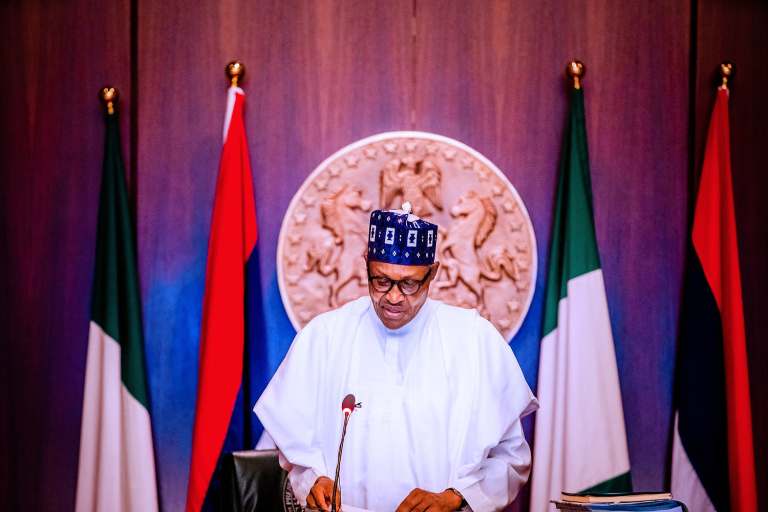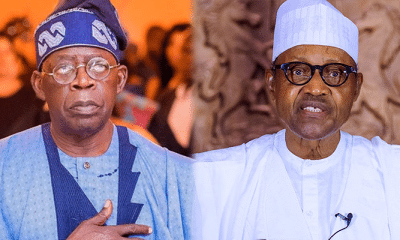Nigeria News
What Buhari Told Host Communities About Petroleum Industry Act

President Muhammadu Buhari has asked host communities to accept the provisions of the Petroleum Industry Act, Naija News reports.
He made this known during a meeting with the leadership of the National Assembly led by the Senate President, Ahmed Lawan, at the Presidential Villa in Abuja on Wednesday.
The President noted that the new law will bring sustainable development and benefits to the host communities, adding that they could get $500 million annually from the new law.
He said the Petroleum Industry Act will create a regulatory environment that would ensure efficiency and accountability across the oil and gas sector.
“The “Petroleum Industry Act 2021” creates a regulatory environment that would ensure efficiency and accountability across the oil and gas value chain and reposition NNPC to a commercially driven National Petroleum Company that is accountable to the Federation.
“The Act also provides for a direct benefit framework that will enable the sustainable development of Host Communities.
“I appeal to the host communities to look carefully at the contents of the Bill which in the implementation will bring real and lasting benefits to them,” Buhari said.
Earlier, President Buhari appointed a committee to implement the Petroleum Industry Act.
The President appointed the Minister of State for Petroleum Resources, Timipre Sylva as the head of the committee which has 12 months duration for the assignment.
The committee has as members Permanent Secretary of the Ministry of Petroleum Resources, Group Managing Director of NNPC, Executive Chairman of Federal Inland Revenue Service (FIRS), as well as representatives of the Ministry of Justice, and the Ministry of Finance, Budget and National Planning.
President Buhari’s Senior Special Assistant on Natural Resources, Olufemi Lijadu, is the External Legal Adviser, while the Executive Secretary of Petroleum Technology Development Fund (PTDF) will serve as Head of the Coordinating Secretariat and the Implementation Working Group.












